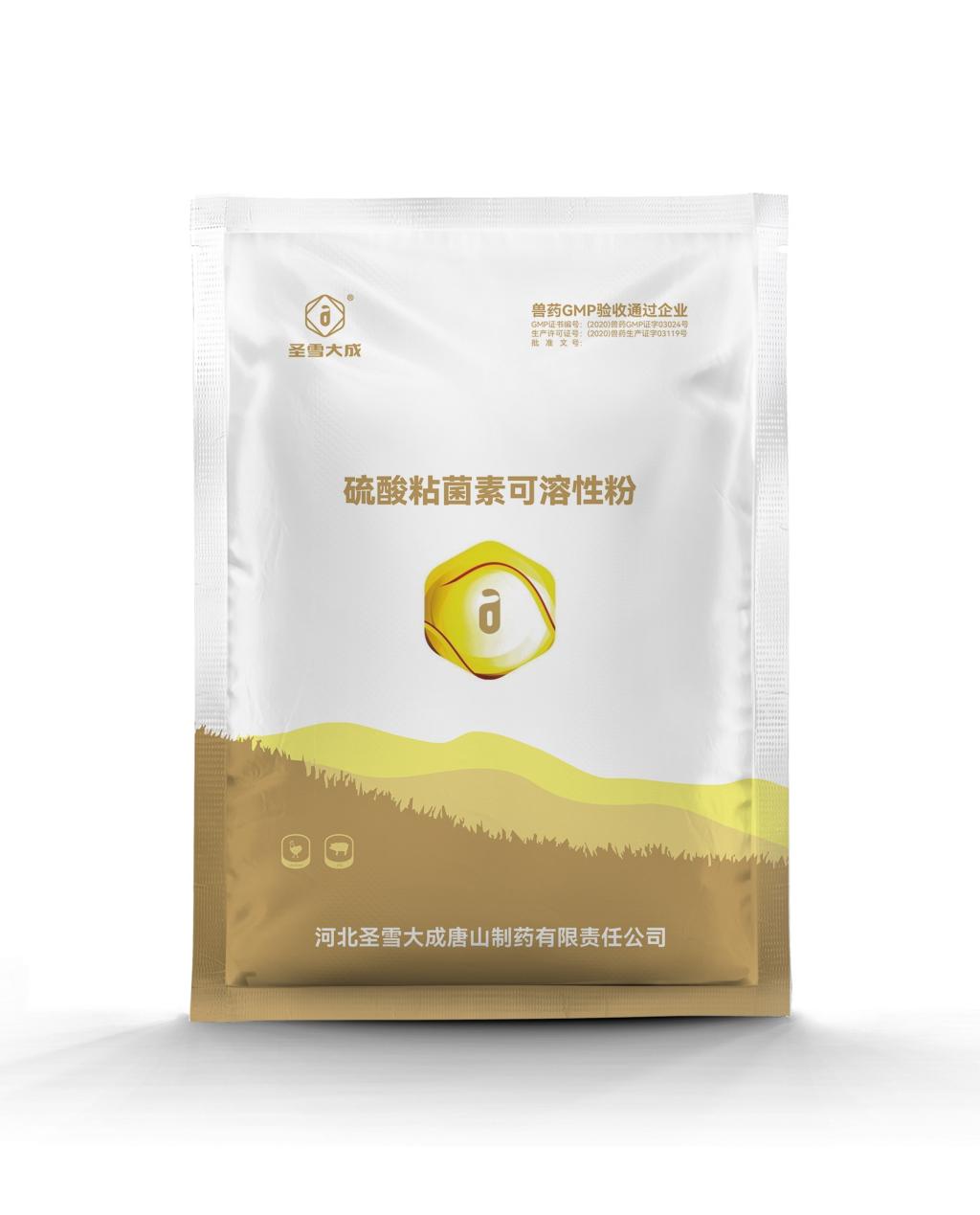Tel:+8618231198596

News
 CONTACT
CONTACT
 CONTACT
CONTACT
- Linkman:Linda Yao
- Tel: +8618231198596
- Email:linda.yao@dcpharma.cn
- Linkman:CHARLES.WANG
- Department:Overseas
- Tel: 0086 0311-85537378 0086 0311-85539701
News
Current Position:
Home >
News
>Stakeholder Dialogues: Shaping the Future of Colistin Sulfate Soluble Powder Use.
Stakeholder Dialogues: Shaping the Future of Colistin Sulfate Soluble Powder Use.
TIME:2024-01-22
1. Introduction:
The use of colistin sulfate soluble powder in animal health has long been a topic of discussion and debate. This article introduces the current landscape surrounding colistin use, emphasizing the need for stakeholder dialogues to navigate the complex challenges associated with its continued use. The overview sets the stage for a comprehensive exploration of perspectives, concerns, and potential solutions from various stakeholders involved.
2. Background on Colistin Sulfate Soluble Powder:
This section provides a detailed background on colistin sulfate soluble powder, highlighting its historical significance, mechanism of action, and applications in veterinary medicine. The discussion will touch upon its effectiveness against bacterial infections in animals and the reasons behind its prevalent use in agriculture.
3. Antibiotic Resistance and Public Health Concerns:
The emergence of antibiotic-resistant bacteria, including those resistant to colistin, has raised significant public health concerns. This section delves into the global landscape of antibiotic resistance, focusing on the role of colistin and its implications for human health. The discussion emphasizes the need for responsible antibiotic use to mitigate the risk of further resistance development.
4. Stakeholder Perspectives:
This section explores the diverse perspectives of key stakeholders involved in the use of colistin sulfate soluble powder. Perspectives from veterinarians, farmers, pharmaceutical companies, regulatory bodies, and public health experts will be examined. Understanding the varied viewpoints is essential for fostering effective stakeholder dialogues and informed decision-making.
5. Veterinarians: Balancing Animal Health and Antibiotic Stewardship:
Veterinarians play a crucial role in prescribing and administering colistin sulfate soluble powder. This section explores the challenges faced by veterinarians in balancing the health needs of animals with the imperative to practice antibiotic stewardship. The discussion will also highlight potential alternatives and strategies for responsible antibiotic use in veterinary practices.
6. Farmers: Navigating Production Challenges and Animal Welfare:
Farmers, as end-users of colistin sulfate soluble powder, face challenges related to animal production, disease prevention, and ensuring animal welfare. This section examines the perspectives of farmers, addressing their concerns, motivations, and the economic factors influencing the use of colistin. The discussion will explore sustainable farming practices and alternatives that align with both productivity and responsible antibiotic use.
7. Regulatory Bodies: Balancing Safety and Access:
Regulatory bodies play a pivotal role in overseeing the use of antibiotics in animal health. This section explores the regulatory landscape surrounding colistin sulfate soluble powder, addressing efforts to balance safety considerations with ensuring continued access for veterinary use. The discussion will also touch upon international collaborations and regulatory frameworks.
8. Public Health Experts: Connecting Animal and Human Health:
The interconnectedness of animal and human health necessitates a collaborative approach. Public health experts contribute valuable insights into the implications of colistin use on human health. This section explores the perspectives of public health experts, focusing on strategies to minimize the risk of antibiotic resistance transmission from animals to humans.
9. Alternatives and Research Initiatives:
This section examines ongoing research initiatives and alternatives to colistin sulfate soluble powder. From advancements in antibiotic discovery to innovative approaches in animal husbandry and disease prevention, the discussion emphasizes the importance of investing in sustainable and effective alternatives.
10. Stakeholder Dialogues: Fostering Collaboration and Informed Decision-Making:
Effective stakeholder dialogues are essential for navigating the complexities surrounding colistin sulfate soluble powder use. This section outlines the principles of constructive dialogue, emphasizing the importance of collaboration, transparency, and evidence-based decision-making in shaping the future of colistin use.
11. Challenges and Considerations in Stakeholder Dialogues:
While stakeholder dialogues offer a platform for discussion, challenges and considerations must be addressed. This section discusses potential hurdles, including conflicting interests, information gaps, and the role of advocacy groups. Strategies for overcoming these challenges are explored to ensure meaningful and productive dialogues.
12. Future Directions: Towards Sustainable Antibiotic Use:
The article concludes by outlining potential future directions in the use of colistin sulfate soluble powder and antibiotics in general. From policy recommendations to global collaborations, the discussion highlights the importance of a holistic and sustainable approach to antibiotic use in animal health.
13. Conclusion:
In conclusion, the responsible use of colistin sulfate soluble powder requires a nuanced understanding of the perspectives and challenges faced by various stakeholders. Through constructive stakeholder dialogues, informed decision-making can pave the way for sustainable antibiotic use in veterinary medicine. This article serves as a call to action, encouraging ongoing collaboration and dialogue to shape a future where the health of animals, humans, and the environment is prioritized in the use of colistin and other antibiotics.
- Tel:+8618231198596
- Whatsapp:18231198596
- Chat With Skype







